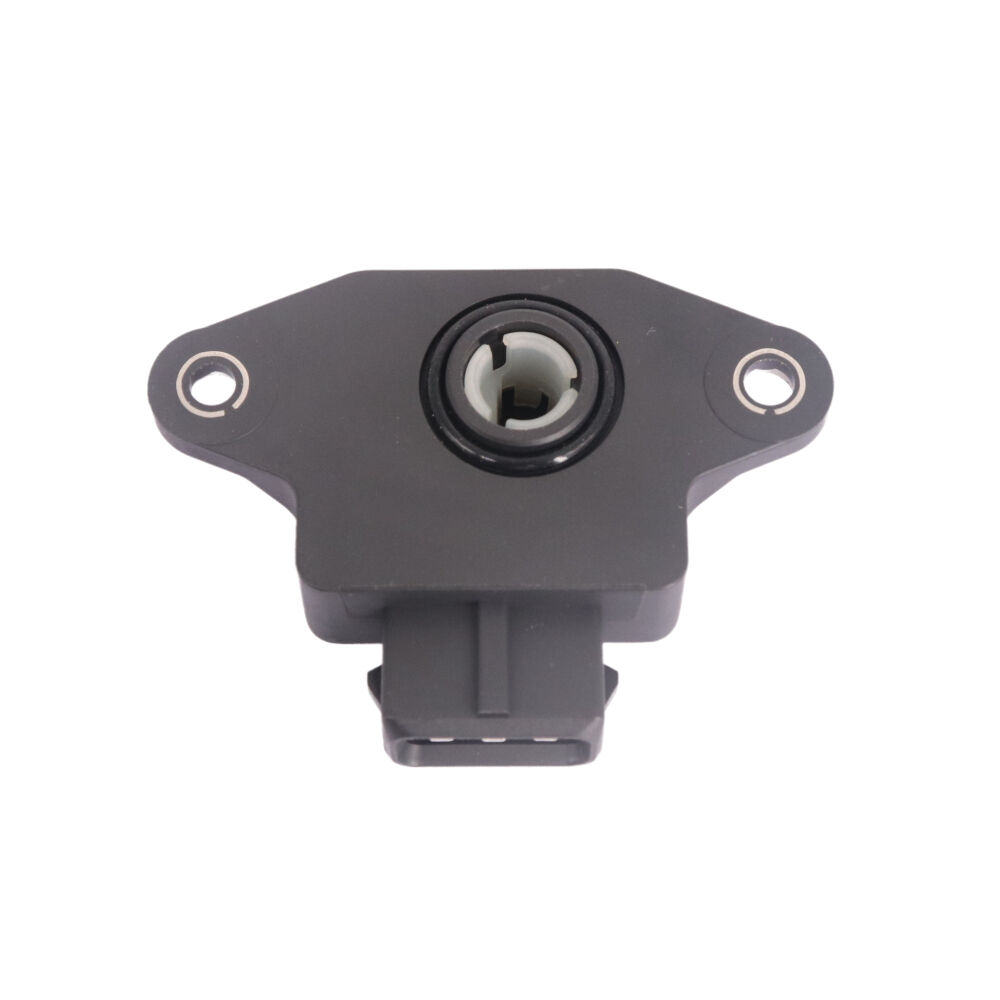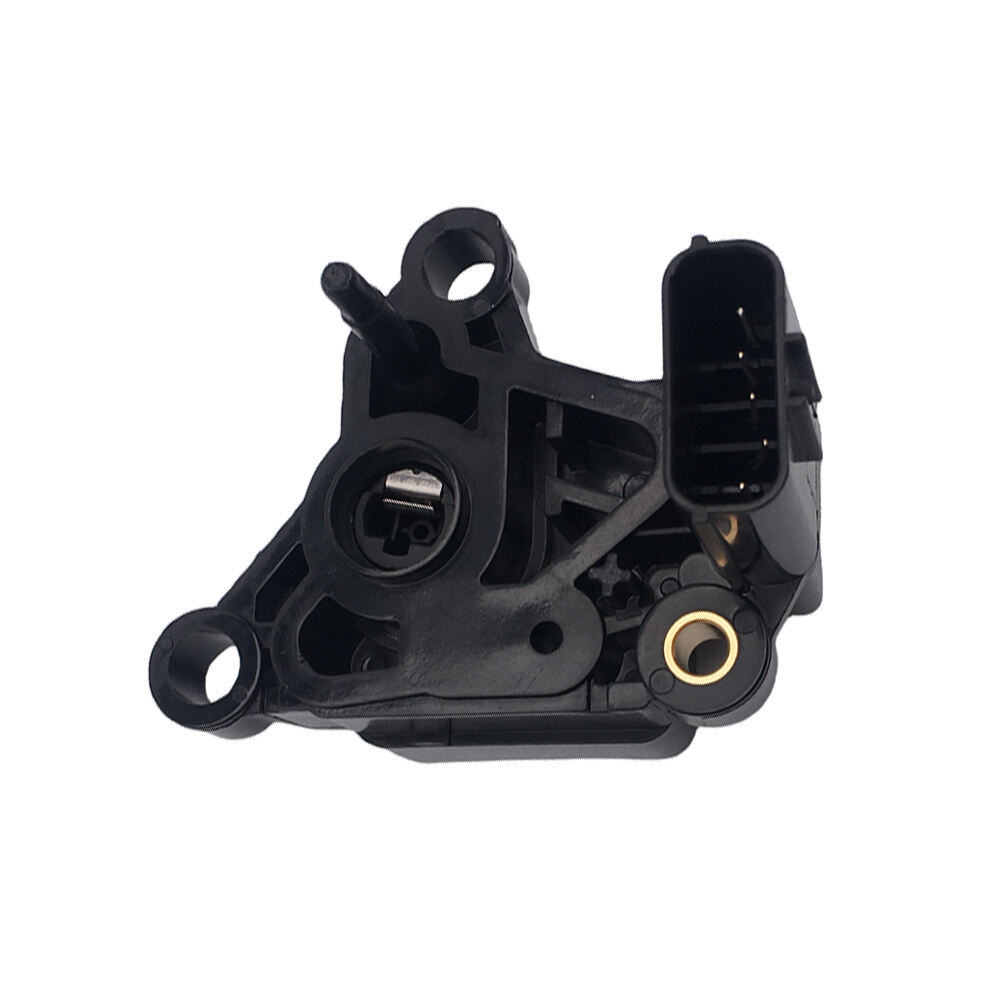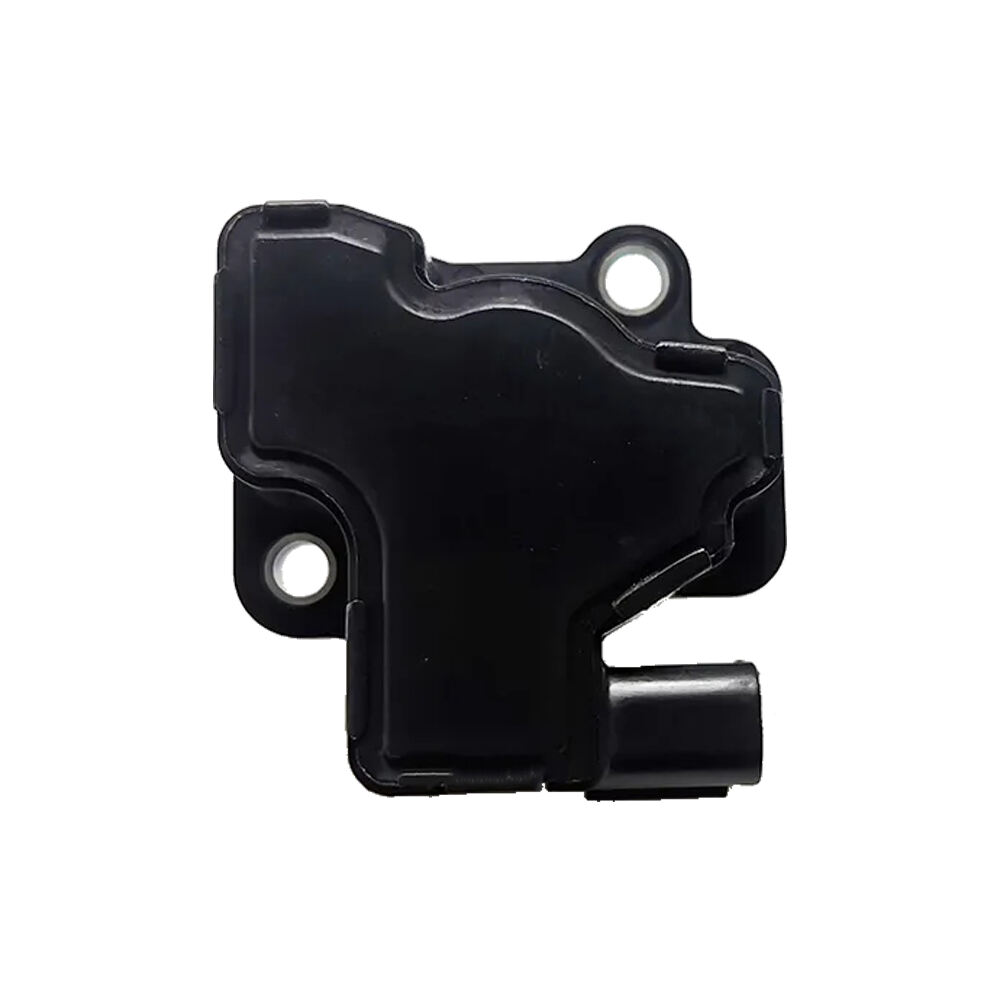automotive temperature sensor troubleshooting
Automotive temperature sensor troubleshooting is a critical diagnostic process that ensures optimal vehicle performance and engine health. This systematic approach involves identifying, testing, and resolving issues with various temperature monitoring devices throughout the vehicle. Temperature sensors play vital roles in engine management, climate control, and transmission systems, continuously measuring thermal conditions to maintain efficient operation. The troubleshooting process typically begins with scanning for error codes using diagnostic tools, followed by physical inspection of sensor connections and wiring. Advanced testing methods include resistance measurement across sensor terminals and real-time data analysis. Modern automotive temperature sensors utilize thermistor technology, which changes electrical resistance based on temperature variations. These sensors communicate with the vehicle's Engine Control Unit (ECU) to regulate fuel mixture, cooling system operation, and transmission fluid temperature. Proper troubleshooting requires understanding both the electrical characteristics of sensors and their specific operating parameters within different vehicle systems. This comprehensive approach helps technicians pinpoint issues ranging from faulty connections to degraded sensor elements, ensuring accurate temperature monitoring and optimal vehicle performance.


